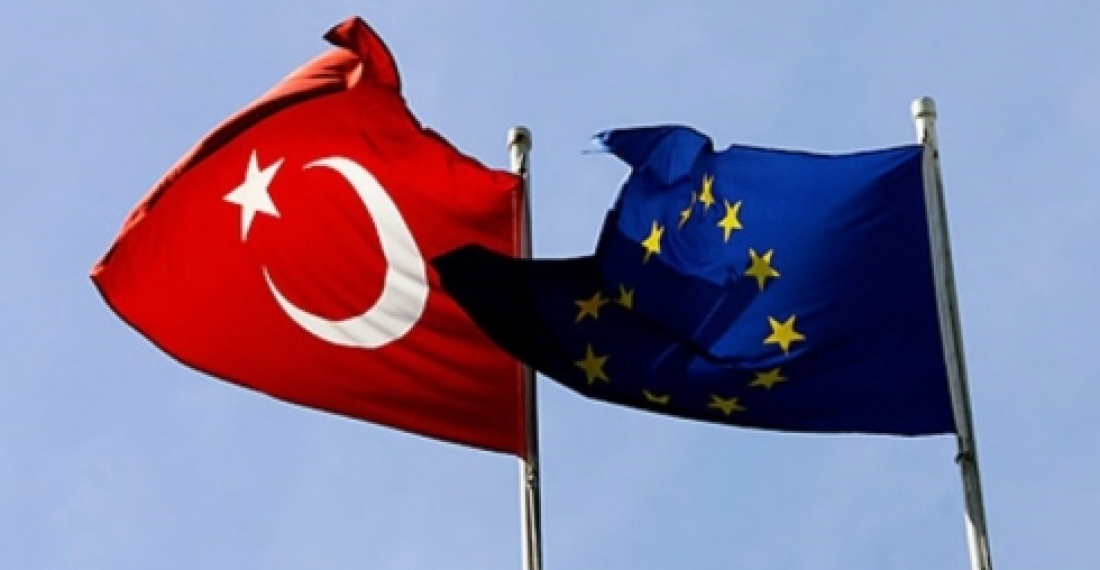Turkish Prime Minister, Recep Tayip Erdogan will visit Brussels next month, his first trip to the political institutions of the European Union in four years. Relations between the two sides have gone through a roller coaster period over the last decade. In 2005 the EU formally recognised Turkey as a candidate country but negotiations on accession have been dragged out with both sides often frustrated by the intransigence of the other. It seems however that realism has forced both Turkey and the European Union to take a more pragmatic approach, and to revisit their relationship. Some are calling it pushing the re-start button, others, more cautious, see it as a sign that both sides are now more aware of their own limitations, and can see once more the benefit of the relationship.
For Turkey, the last few years have been challenging when it comes to foreign policy. Events in the Middle East, especially in the last two years, have left Turkey somewhat bruised, and entangled in regional and sectarian feuds. The idea that Turkey can provide leadership to the Islamic world has been tried and found to have many limitations. The success of Mr Erdogan's AK Party depends much more on continued economic growth than it does on Islamic solidarity. Relations with Europe are in this regard, crucial.
For the European Union too, pragmatism increasingly carries the day. Opinion in the European Union on Turkey and Turkish EU membership has always been divided between those who see it as an opportunity, and others who see it as threat, but it is hard to find a view that does not recognise that Turkey has strategic importance to the Union with whom a proper and lasting relationship needs to be established. The EU's own woes, both economic and political, and disappointments, such as experienced in recent relations with some of the Eastern Partnership countries, have helped focus minds.
So it seems that practical steps are on the way. Next week a process that should enable Turks to travel to the EU visa free by 2017 is expected to be agreed. It will set the right mood for Erdogan's visit to Brussels.
The issue of Turkey's full membership in the Union remains problematic. Certainly issues connected with Cyprus have not gone away. However these are not considered to be in themselves insurmountable. More serious are the reservations of the two EU heavyweights - France and Germany, to EU membership. The visit of President Hollande of France to Turkey next month will help clarify current thinking in Paris and Berlin on the matter. And finally there are issues connected with Turkey itself, and its various internal questions. There are signs that efforts to resolve the Kurdish question are bearing some results.
Speaking to Kurdish MPs who were visiting him in prison on Imrali Island over the weekend, Abdulla Ocalan the imprisoned leader of the outlawed Kurdish Workers Party - the PKK, spelled out four demands for moving the process of reconciliation forward: the first is that the government takes the legal steps agreed on already in the settlement process; the second that the positions of the negotiating parties should be recognized legally; thirdly that a monitoring and arbitration mechanism for the settlement process be established; and finally Ocalan requested access to the media so that he can share his thoughts on the settlement process with the public. The European Union will be watching carefully how the Turkish government reacts to these requests.
Those who support closer relations between Turkey and the EU, and even full membership insist that the two sides need each other much more than they are willing to admit. This new phase of realism may very well help take the relationship to a new level.
source: commonspace.eu







